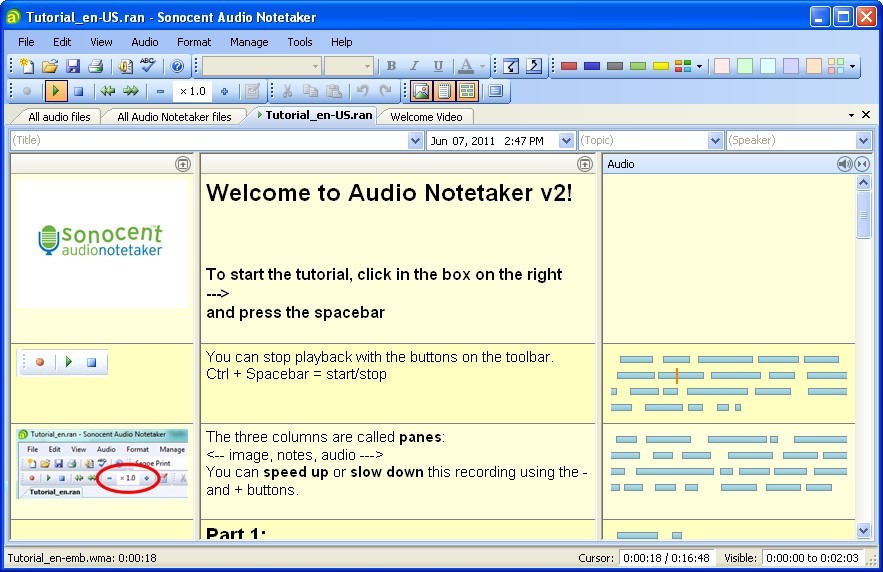

Take Your Note-Taking Skills to the Next Level This style of note-taking can also help group members keep track of what happened during a learning activity for reference later. In collaborative note-taking, tasks are divided so each person can take up a different element of focus-whether the summary, cue, or actionable ideas.Ĭollaborative note-taking can enhance interaction with the subject and creates space for better, deeper questions. Writing collaboratively in groups or with partners can help everyone receive multiple perspectives of a lesson and critically assess ideas in a subject.
#DEFINE NOTETAKER FREE#
We take a deep look at more than a dozen of the best free note taking apps of 2022 and break down the capabilities and weaknesses of each. Read on to learn about the five best strategies to help anyone take better and more productive notes, whether listening to a podcast, following along during a lecture, or watching a documentary. ClickUp curated a list of some tried-and-true strategies for improving virtual and in-person note-taking and making it more productive. Your process should allow you to take productive notes in any environment and encourage you to learn and retain information efficiently. The most effective note-taking strategy for you depends on the type of content or the information you’re gathering, how you assess it, and the time you have to retain it. Luckily, note-taking helps with memory retention by actively engaging with the material to connect new knowledge and past experiences. When we don’t attempt to retain information, our memory of that experience gradually declines until we remember little-or nothing-about it. In a 2021 study in the Journal of Experimental Psychology, participants who took notes could recall information better than those who didn’t or took pictures of lectures on their phones. But we can retain up to 100% of our memory with a simple tool: note-taking. Read through to make sure they're clear - will you still understand them when you come to revise?įile with care! - use a logical system so you can find your notes when you need them, but keep it simple or you won't use the system (See Being organised for more on this).After 24 hours, we forget up to 40% of the new information we learn. Make notes memorable - use colour, pattern, highlighting and underlining Illustrations, examples and diagrams can help to put ideas in a practical context Use your own words to summarise - imagine someone has asked you "so what did x say about this?" and write down your reply Show the relationships between the main points - for instance, link with a line along which you write how they relate to each other Keep them well-spaced so you can see individual points and add more details later if necessary Keep any direct quotes short and make sure they have a purpose: use the exact words when how the author explains it is as significant as what the author says.

Try to make most of your notes in your own words – factual information may only be phrased in a limited number of ways, but explanations of what something says or means will be best done in your own words so you can understand the meaning.Look for connections between what the current text says and anything you have already read: do the authors agree? Disagree? Is there a sequence of events/actions to comment on?.Look for answers to the questions you need to address: are you looking for definitions, examples, or debates/theories?.Think about what you want to get from your reading and why you are making notes – how much detail do you need to read, and how much detail will you need in your notes?.Pattern notes – more visual and possibly more like mind-maps.

#DEFINE NOTETAKER HOW TO#
To prepare for an examination (what is the format of the exam, and the type and number of questions you will need to answer)?įinding effective strategies that work for you will require you to think about how to be active in making notes, and identify the format(s) that are most appropriate for you and your study activity.



 0 kommentar(er)
0 kommentar(er)
